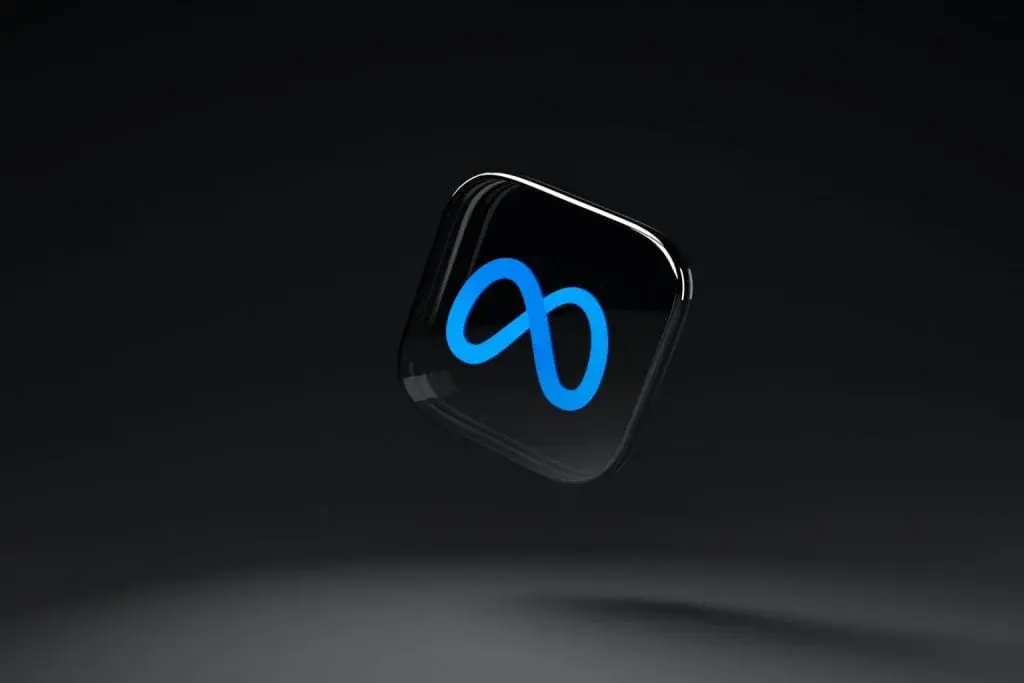Meta Platforms introduces paid no-ads subscription service in Europe
Meta Platforms, the parent company of Facebook and Instagram, has recently launched a paid subscription service in Europe that allows users to browse the platforms without targeted ads. This move comes in response to EU regulations that demand user choice in data usage for advertisements. However, the introduction of this service has sparked a heated debate about the concept of consent and the idea of a "privacy fee."
Users can now choose between an ad-supported or ad-free experience
Meta's new subscription model offers users the option to either use the platforms for free with targeted ads or pay a monthly fee for an ad-free experience. The subscription is priced at 9.99 euros per month for web users and slightly higher for mobile users. The company claims that this approach respects both regulatory requirements and user preferences.
NOYB criticizes the subscription fee for privacy
Vienna-based digital rights group, NOYB, has strongly criticized Meta's subscription model, arguing that it effectively puts a price tag on privacy. They claim that the subscription fee forces users to pay up to 250 euros annually to protect their data, undermining the principle of free consent established by EU law. NOYB's stance challenges the fundamental right to data protection.
Broader implications for the digital economy
The controversy surrounding Meta's paid subscription service raises important questions about the balance between monetization and user rights in the digital economy. It also highlights the role of big tech companies in shaping user choices. NOYB has lodged a complaint with the Austrian Data Protection Authority, which could potentially escalate to the Irish data protection watchdog. The outcome of this case could set a precedent for how digital consent and privacy are handled not only by Meta but also by other tech giants like Netflix, YouTube, and Spotify, which also offer subscription-based models. The decision could have far-reaching implications for the industry as a whole.
In conclusion, Meta Platforms' introduction of a paid no-ads subscription service in Europe has sparked a critical debate about privacy and consent. While the company presents it as a balanced solution that respects both regulations and user preferences, critics argue that it undermines the essence of free consent and the right to data protection. The outcome of this controversy could have significant implications for the handling of digital consent and privacy across the tech industry.


Leave a Reply